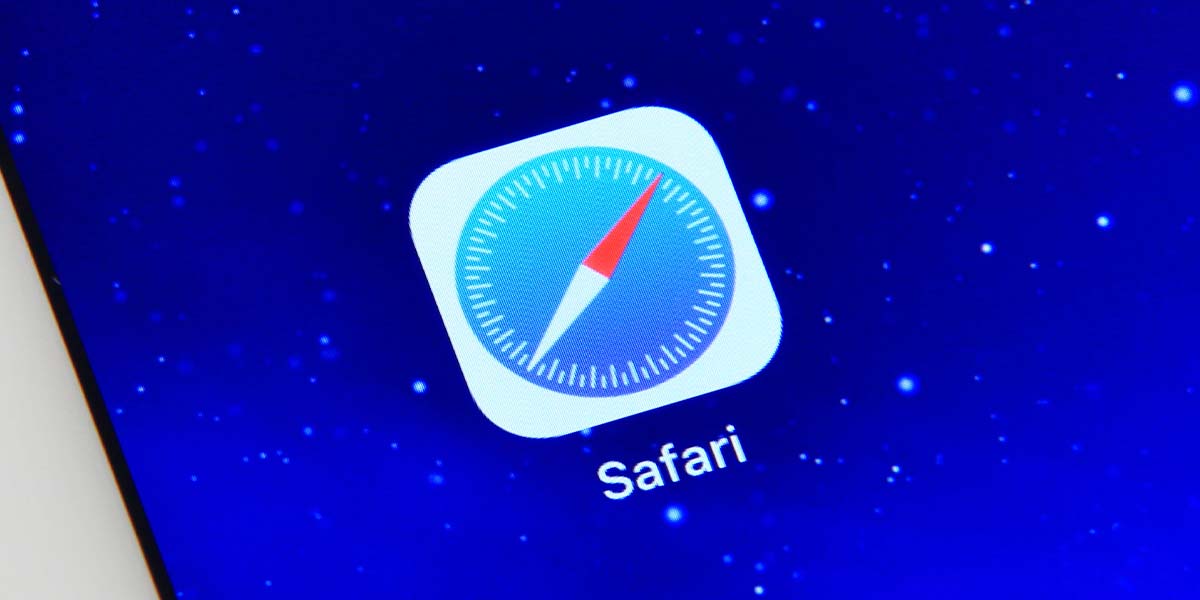Apple’s plans to integrate artificial intelligence-powered search features into its Safari browser have rattled Google, threatening a core pillar of the search giant’s advertising business—revenue from iPhone users.
Shares of Google parent Alphabet plunged 7.3% on the news, erasing about $150 billion in market capitalization in a single day.
The dramatic market reaction followed reports—surfaced during testimony by Apple executive Eddy Cue in a high-profile antitrust case—that Apple is actively exploring ways to reengineer Safari and reduce dependence on Google. Cue revealed that for the first time, Safari search traffic dipped last month as more users gravitated to AI-driven search alternatives.
Currently, Google occupies the prized position of default search engine on Safari, a deal for which it pays Apple an estimated $20 billion annually—roughly 36% of Google’s search ad revenues originating from the browser.
The U.S. Department of Justice is scrutinizing this exclusive arrangement, proposing to prohibit such payments as part of efforts to rein in Google’s dominance in the search market.
The move from Apple underscores the shifting landscape as generative AI search platforms like OpenAI’s ChatGPT and Perplexity AI gain traction.
Apple intends to let users choose these emerging AI search tools in Safari, according to Bloomberg, marking a major departure from the longstanding Google-Safari exclusivity.
Nevertheless, analysts warn of far-reaching consequences if Google loses default status on iPhones. Even without additional regulatory action, the loss of exclusivity at Apple could hit Google hard, said Gil Luria, an analyst at D.A. Davidson.
A decrease in user traffic from Apple devices could prompt advertisers—many of whom invest nearly all their search budgets with Google—to look elsewhere if alternative search providers gain a foothold.





